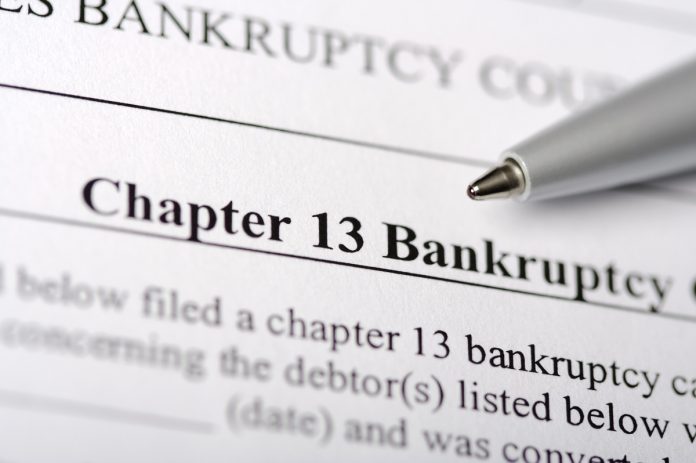Taxes and bankruptcy are two complex matters that many people would rather not think about, let alone discuss. If you are contemplating bankruptcy, however, it is important to understand how the two impact each other. Many factors affect the relationship between bankruptcy and taxes.
Bankruptcy law permits owed taxes to be discharged in certain specific instances. Once a tax debt has been discharged, the debtor is no longer responsible for repaying that debt; their wages and bank accounts may not be garnished. Whether tax debt can be discharged in bankruptcy depends on the type of bankruptcy filed and the type of taxes to be discharged. If you are so burdened by debt that you feel that it is essential to file bankruptcy, you should consider these aspects.
Bankruptcy Type
You are more likely to be granted a tax debt discharge if you file for Chapter 7 bankruptcy as opposed to a Chapter 13. With a Chapter 13 bankruptcy, all of your debt enters a payment plan that allows it to be repaid over a three to seven year period. You are able to discharge certain kinds of debt with a Chapter 7 bankruptcy, including federal tax debt in some cases.
A bankruptcy will not stop IRS audits already underway. If there is no Relief from Stay motion, it can stop the collection while the bankruptcy is pending. It should be noted that the statute of limitations is extended for the bankruptcy proceeding. The statute is extended for any period when the collection proceeding is stopped.
Qualifications for Debtor Discharge
- The tax debt must be for personal income taxes.
- The debtor must have filed a return for the owed tax two or more years before they filed for bankruptcy; substitute returns prepared by the IRS are ineligible.
- The debtor must have owed the taxes for three or more years before they filed for bankruptcy.
- The Internal Revenue Service must have assessed the taxes more than 240 days before the debtor filed for bankruptcy.
- The debtor must not have tried to evade taxes or to commit tax fraud.
It is important to note that the penalties on dischargeable taxes can also be discharged. Additionally, while forgiveness of debt is usually viewed as taxable income by the IRS, this is not so in bankruptcy. It cannot be taxed. If one of the debtors whose debt was discharged sends you a 1099, you may need to seek the help of a tax professional; this is a complex area and must be handled carefully.
Taxes Which Cannot Be Discharged
- IRS liens placed on property before the bankruptcy.
- Penalties on non-dischargeable tax debt.
- Owed taxes from unfiled returns; it does not matter how old the debt is in this case, they cannot be discharged.
- Trust fund taxes or taxes that have been withheld from an employee’s earnings by their employer.
It is usually a good idea for debtors to try to deal with tax and bankruptcy issues together rather than try to resolve them separately. When used correctly, bankruptcy can be an effective way for businesses and individuals to start over.














